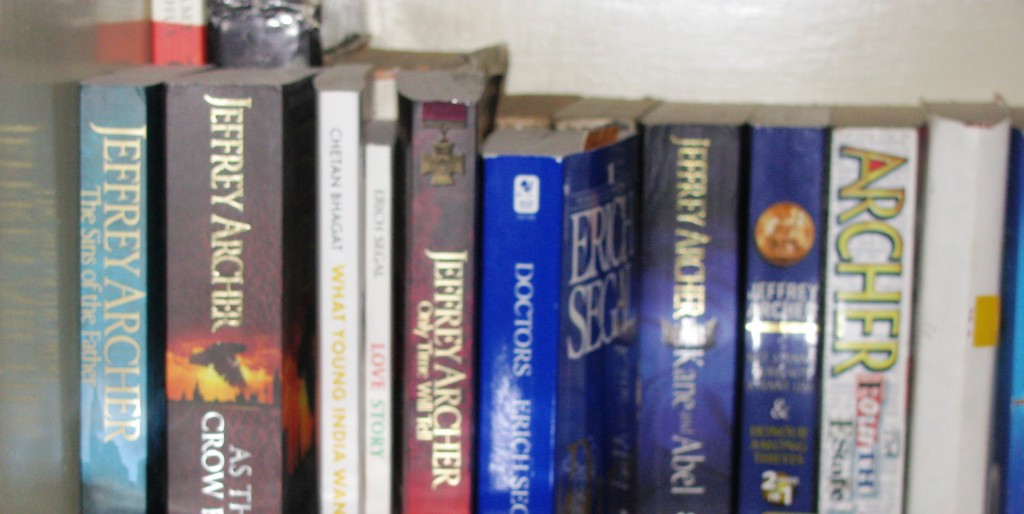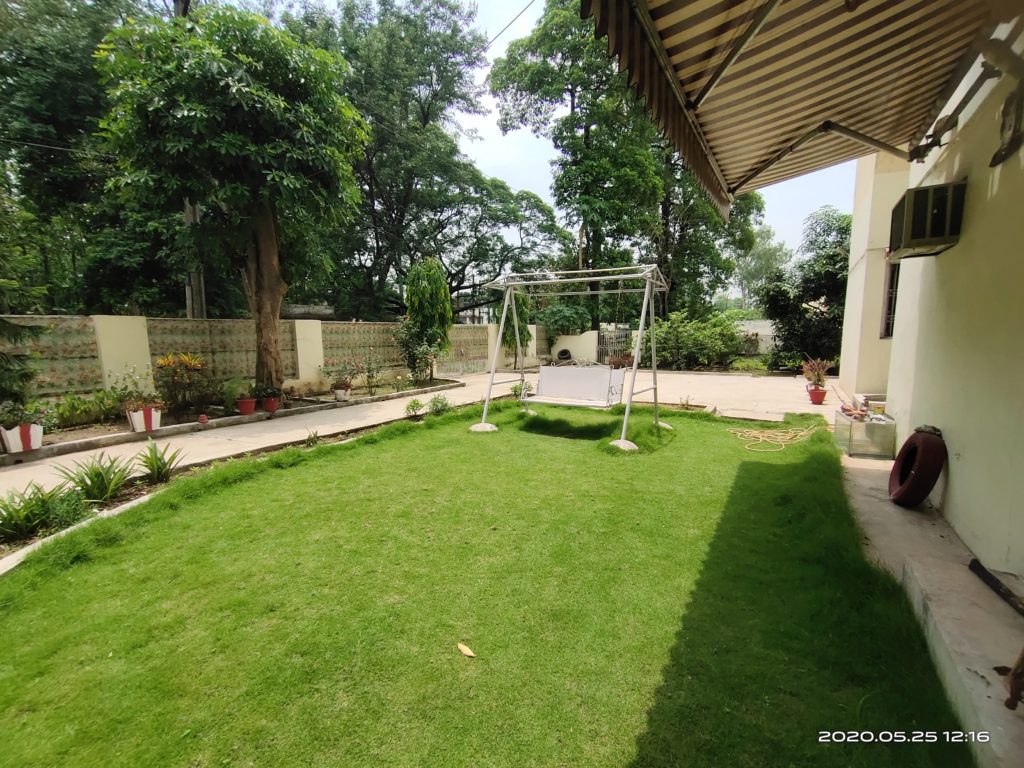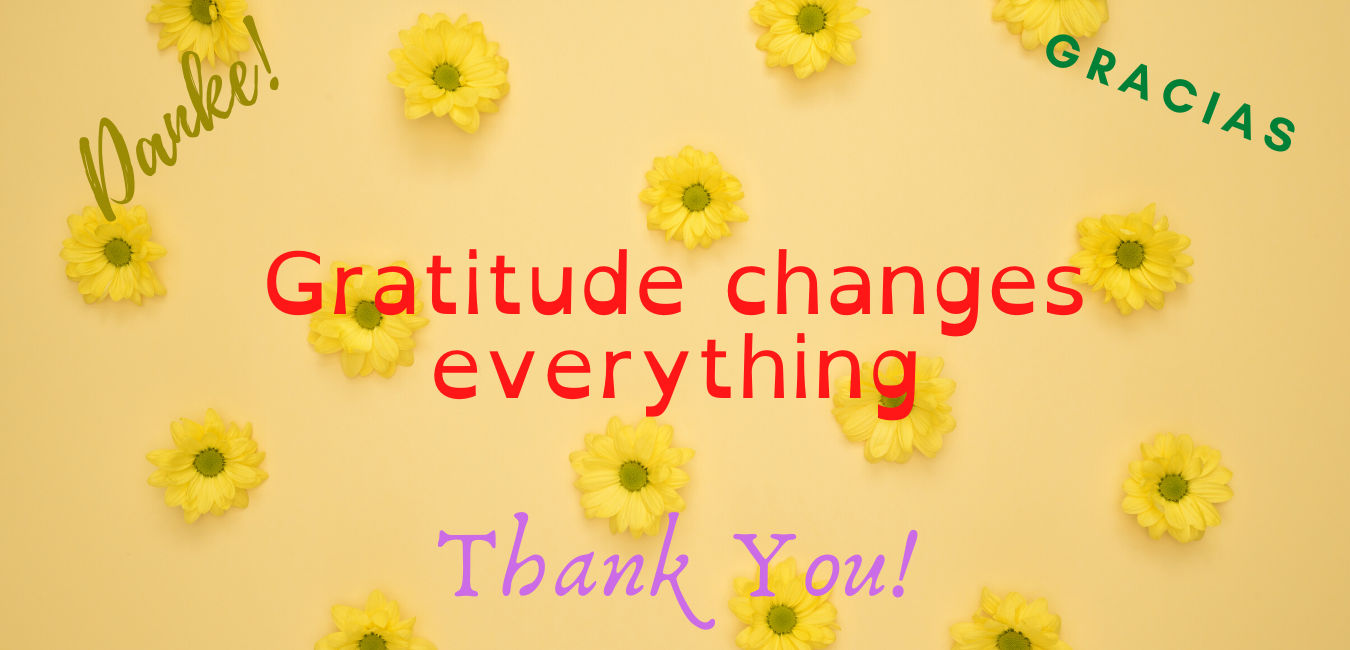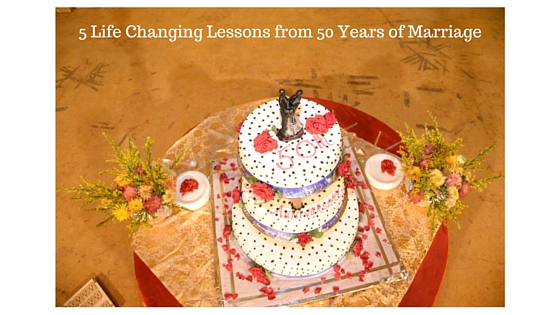When I hear stories of loss, pain and grief due to the COVID-19 pandemic, I am thankful that I live in a city where the virus, like everything else, is taking time to reach. But it was not like that always.
When I shifted back to Bokaro more than 15 years ago, I was not very sure how things would pan out. For starters, everyone at Delhi, where I was working, thought it was a bad idea. But then these well-wishers of mine had spent their whole life in metro cities and could not imagine living in a non-metro. I had spent the first 18 years of my life in Bokaro and there was always a bit of nostalgia associated with it. So, I was looking forward to going back.
But then, nothing is ever completely black or completely white. It’s not that I was completely comfortable with the move. There was that teeny-weeny bit of doubt because I was leaving a well-paid job, where I was due for a raise within a couple of months. And I was not sure if Bokaro would offer me any comparable opportunity.
Let me remind you that the year was 2005, internet connection was not yet stable in smaller places and even smartphones had not penetrated Indian markets the way they have now. So, working remotely and freelancing were things I was not even considering. Also my then current company, NIIT, used remote workers and my team leader had said that I should get in touch with them whenever I felt ready to start working again. But it never reached that stage, because I didn’t have the infrastructure.
When I finally settled down into some semblance of routine couple of months after my marriage, there were just two things that I missed badly — a good book store and a multiplex. Which brings me to the story I really want to share with you all today.
A City Obsessed With Academics
Wouldn’t you think that it’s an oxymoron in itself — a city so invested in study had no good book store where I could buy books. To understand this, you will need to understand a bit of my city’s background. It is an industrial city established a couple of years after independence as part of Steel Authority of India Limited (SAIL) – a Navratna company. Most of the people, including my parents, were first generation service holders – that too government job – from their families. They realised the importance of education in their lives and left no stone unturned to educate their own children.
When we were kids, the only talk that we heard was about how so and so’s son or daughter was working really hard to become an engineer or a doctor. To this day, it remains a city excellent for K-12 education, especially if you want a child to become an engineer.

With thousands of students thronging to the city from all over Bihar and Jharkhand, the main city centre is full of bookstores. Yes, you heard me right, bookstores. But stocking up only on school textbooks and competitive examination volumes. There was never any fiction to be found. And even the non-fiction was of the most predictable variety – like Seven Habits of Highly successful people or Rich Dad Poor Dad. In fact, I learnt from students and teachers of various schools that even the school libraries had fiction for students only till maybe the middle school. Beyond that only competitive examination books.
So, I craved for bookstores where I can’t browse the books, take in the scent of newly printed paper, caress the smooth feel of book covers and read a few random paragraphs before selecting a few to take home.
A couple of years ago one brave person – from business point of view it is a brave move – has opened a bookstore where I can at least take my kids to browse and buy books once in a while.
Multiplex for watching latest Bollywood flicks
In those days, the city had 3 cinema halls – standalone and in dilapidated condition. Or maybe they looked dilapidated to me, who had got used to watching movies at Centre Stage Mall, the first mall to come up in Noida.
I remember going to a movie with my husband and in-laws just a few months after we had settled here, and coming out with a promise to myself never to go again. To be fair, my parents had never been the ones to indulge in movies and I can count the number of times I had watched a movie in those theatres before my marriage.
But staying in Delhi and Pune for 5 years had exposed me to the choice of good life in big cities and I missed them.
The first PVR of Jharkhand came up in my city 4 years ago, where we are now able to watch movies in style. My kids can’t imagine watching movies without a tub of popcorn and some iced fuzzy drink!!
Fast Forward to Lock Down 4.0
Last month, while talking to a lead from Boston, I came to know that they had been working from home for the past four weeks while people were getting sick and dying all around. I joined my hands in prayer and set a thank you to God for keeping me and my family safe.
Closer home, my sister-in-law has been stuck here since she came in March for Holi. Now that flights to Mumbai are re-opening, we are debating when she can take the chance of going back.
Last week I talked to my friend who lives in Brazil, and she said that situation was really bad there, like the newspapers and TV channels were claiming. Again, I sent a prayer of gratitude to God that he has spared me and the place I live in. Because since the lockdown has eased out restrictions, we can see so many people going around without following any social distancing norms, as if it was business as usual. But since the overall threat of COVID-19 infection is less here, I am much safer than so many of my friends and family staying in metros and larger cities.

I wrote in another post that I am so thankful I also have a garden where we can unwind and play and exercise even when the whole world is forced to shut up within four walls. So many of my friends reminded me on reading that article that I was really lucky to have a garden. And they are not wrong!! I doubt I would have been able to buy such a house if I had settled in Delhi or Pune, two cities I have lived in and loved.
In conclusion
I am a firm believer in the saying – whatever happens is for good. But I had never been able to understand what was so good about being here. Especially when we struggled to find anything from specialist doctors to cool cafes to weekend getaways. Or a lost business opportunity. Even the odd Bollywood flick that wouldn’t release in a tier 3 city!!
Now I know, and I am grateful for it.
I often feel that we humans (including me, just for clarity) are an ungrateful lot. Rather than being thankful for what we have, we tend to crib about what we don’t have, or what could have been.
This pandemic and lockdown have opened my eyes to so many things I am grateful for.
What about you? While in lockdown, what things are you grateful for, and will continue to be even after this madness ends?











Makes for an excellent read Shweta, esp being a Bokaroite. In these times of pandemic a lot of people are rethinking being in a large urban city.
It could happen a bit at the margins, but I don’t think COVID-19 is going to completely reshuffle the geographic deck. There is a lot of sunk investment in large cities and plenty of evidence that economies of density are substantial.
Another big point is that management of a public health crisis depends on demand and supply — the tension between the need for testing, treatment, and care and the availability of equipment, doctors, and hospital beds. Urban centers may be harder hit but have more local resources. Tier 3 cities (if hit) may not have the infrastructure to contain a crisis.”
Thanks for your insightful comments Richa.
The management of public health crisis is anybody’s guess, giving the history of our country’s crisis management.
Bokaro is better than other tier -3 cities because being an industrial city it is planned and hence population is spread out. There is also BGH, much better equipped than other hospitals around here. Though, its capacity to deal with a surge in COVID cases is yet to be tested.